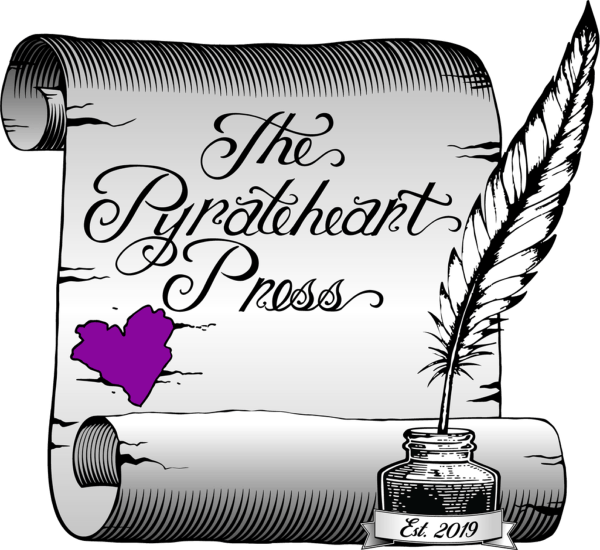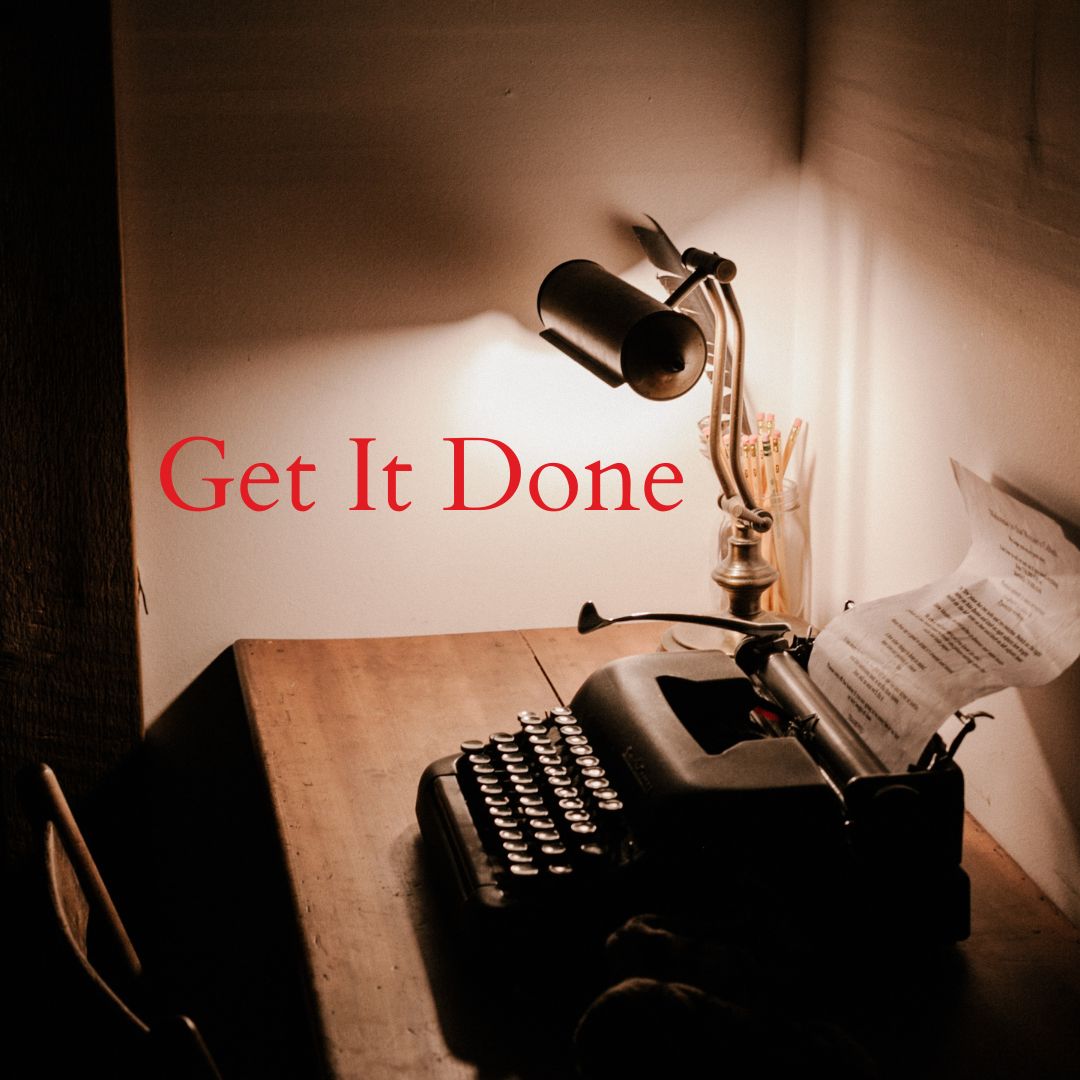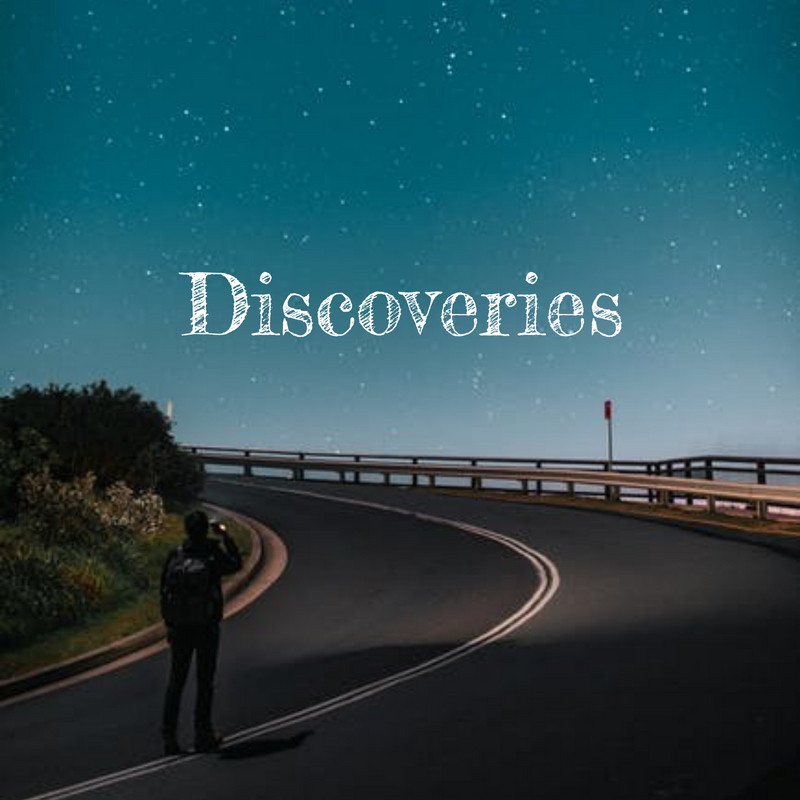Blog Layout
Questions
R. Ross Whalen • May 18, 2021

I find myself asking questions when I edit manuscripts. It is the nature of content editing, I guess. I like to read a story first. Read the entire manuscript. It helps me get a grasp on where the author intends for their story to go.
I don’t like to talk about story plots and such things when editing. All I want to do is read. Read the story like I just bought it and can’t wait to get home and crack it open. I love to read. I let this excitement for reading a new story carry me when I start my editing process.
I don’t think about what needs to be done. I simply enjoy. Or not. I hate to admit this but there have been quite a few stories I couldn’t finish. Not just by new authors or even old timers but by published giants. It is depressing to be sure. I so love it when the story is good.
Which leads me back to asking questions. By the time I am finished reading a story one of the first questions I ask is: did I think the story was good?
It is an important question. If you have read a story by an author that you love but by the time you finish it was just blah, would you have finished it if wasn’t by that author? Stories must stand on their own and not by the reputation of their authors. Many authors, prolific authors like Anne Rice and Stephen King have produced incredible stories I couldn’t put down. Home runs from the beginning to the end. Then there were the ones they hit right into the pitcher’s glove. Stories that it was an obvious struggle to complete.
Which is why I ask myself if the story is good. If it is it helps in the editing process, if it isn’t but it has a good story line, then I send it back and give the author my recommendations. Most of the time I catch crap, but I have to follow my instincts. Instincts brought about by questions.
I question everything about a book once I put on my editing hat. Does that word need to be there? Does that sentence? Is the paragraph in front leading to the paragraph I am reading which flows into the next and so on? Is this the right place for this scene or should it happen some other time in the story? Who are the characters? Are they congruent throughout the story? Are the facts in play also congruent throughout?
The list goes on and on. I ask questions. Seek the answers in the lines of prose in front of me. Use my red pen like a sword as I make marks. I whittle and carve and cut and paste. Then I ask if it helps the story. Often this is the hardest and best question I ever ask myself when editing. Does this make the story better or does it hurt it?
We always tell people that when they write to simply write. We can edit it after but to get the story down. Good advice. However, once the writing is done, the first draft, it gets harder. Ask yourself the question: is it a good story? Do you want to read it or is it simply good because you wrote it?
Ego gets in the way of writing. It certainly gets in the way for editing. Ego is a monster in the mind of writers and authors. When they send me a book to read and I send it back telling them I didn’t think the story was good, or that the writing itself needs work, I catch hell. When I explain to them, they need to start asking questions, they laugh.
Why ask questions?
Simple, if your book can’t stand up to the questions, then it isn’t ready to publish. If you can’t answer whether or not a character needs to be in a story, then they don’t. If you can’t answer why you took a sudden turn sideways in the middle of the book to write about something else then move back on track, then that part needs to be removed. If you can’t answer the questions about who, what, when, why, where or how, then you need to look at your work harder.
A book should flow. It should draw you in, make you want to read more. Make you want more once you have finished. No one gets it right on the first draft. No one asks any questions on the first draft. But you need to ask questions the minute something plagues you.
When you edit, everything plagues you, so you ask a million questions. I never thought I would spend my time looking at a sentence and asking myself if it is in the proper order to match the style of writing. I ask whether the character would speak the way they do or how people would really act in the future.
Write the book. Get into it deeply. Let the words flow without thought for what you are writing. Enjoy the process. Once you are done, put it aside for a while. Turn your heart and soul to other things. Things as far from your book as possible.
Then, in a month or longer, pick your book back up. Read it like you’ve never seen it before. As you read, I bet your mind will start to ask questions. Ask why you put this character here or what would happen if I did this instead of that? Without thought you will ask yourself questions you think will make your story better.
Questions can be a writer’s best friend. Or an editor’s worst nightmare.
I’m Ross, The Editor-in-chief at The Pyrateheart Press and I’m out.





